Shop with Edna Hobbs
With all my resources I try to find a balance between clarity and creativity, aiming to stretch and challenge as well as train. Most of all, I want to 'knock on the doors of the mind', introducing students to a wider range of texts, ideas, activities and experiences. Although English is my speciality, I've also got a keen interest in Biology and Geography, which occasionally manifests in resources. Let me know if there is a text not catered for anywhere and I'll see what I can do.




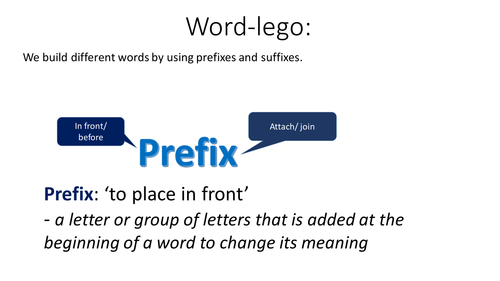
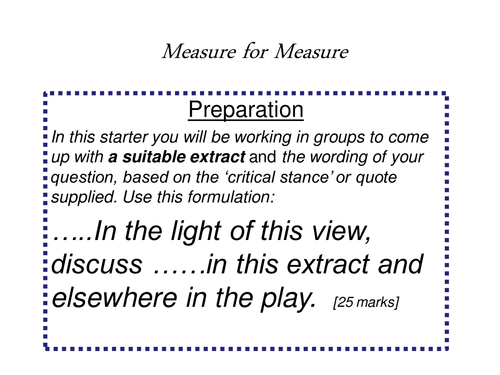
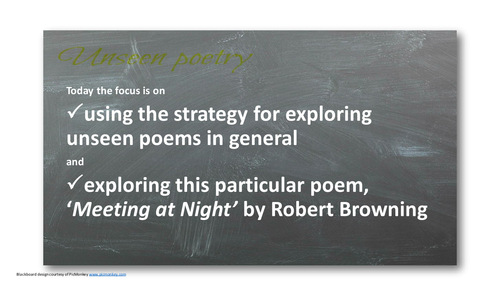
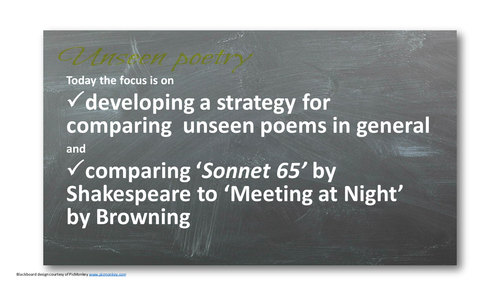
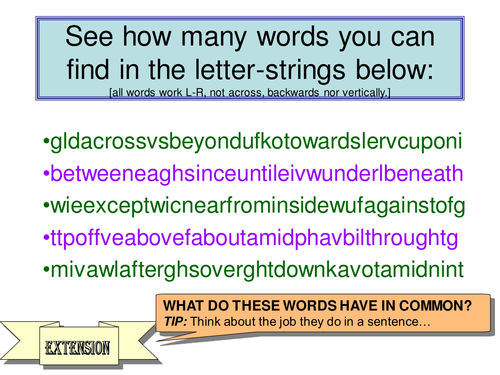

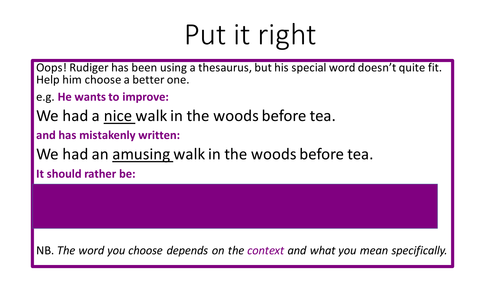

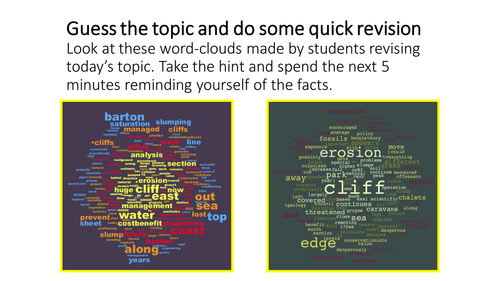
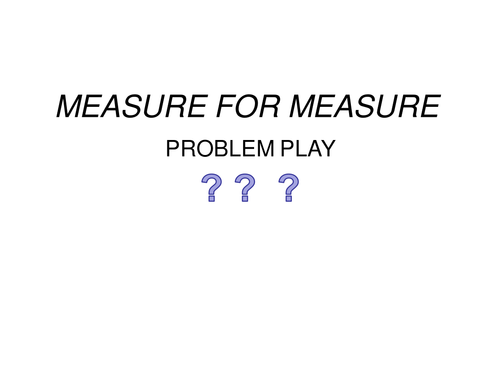






![Improving Writing [and reading!]: structure- the X-factor.](https://dryuc24b85zbr.cloudfront.net/tes/resources/11376772/image?width=500&height=500&version=1641223994633)


